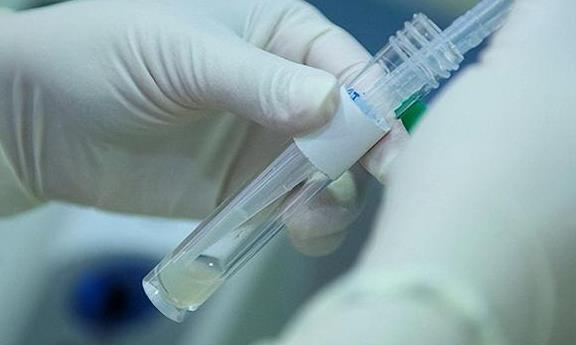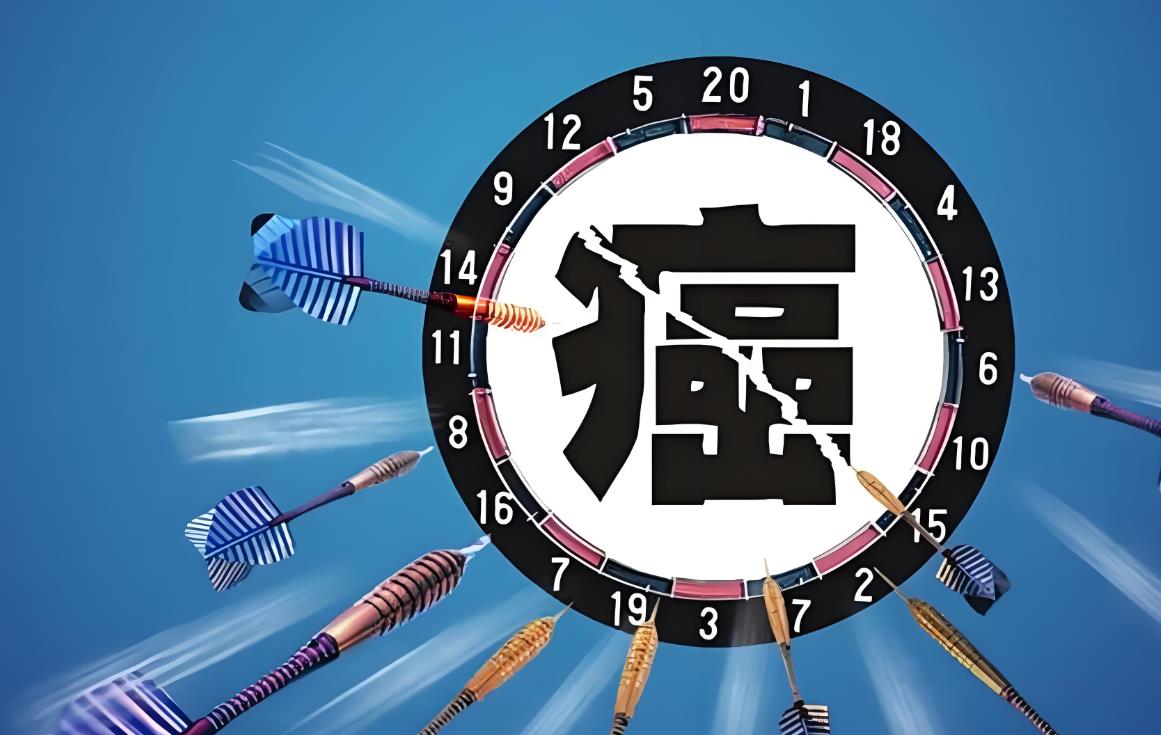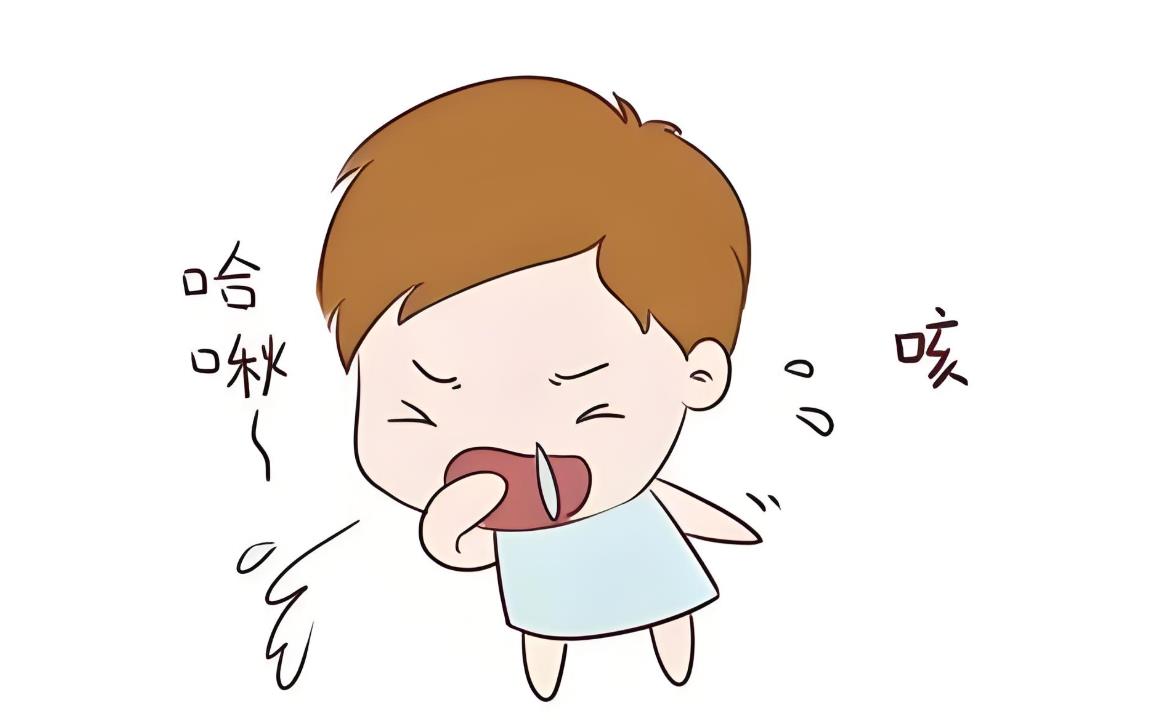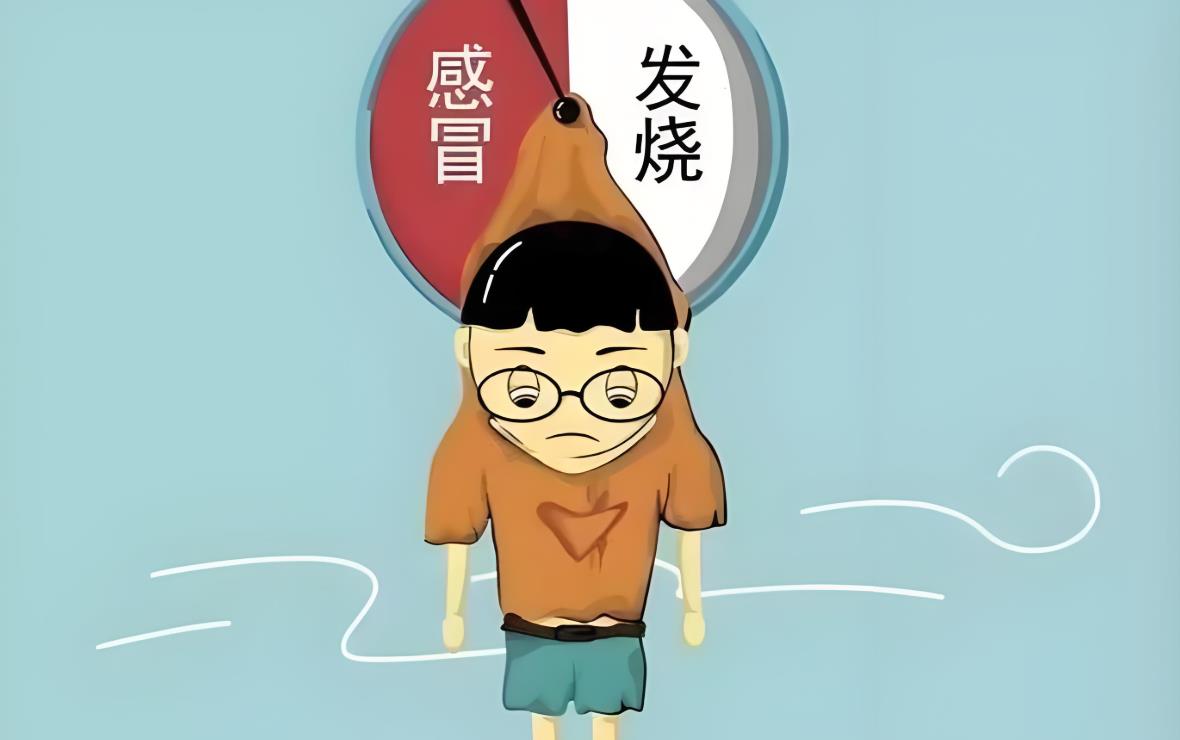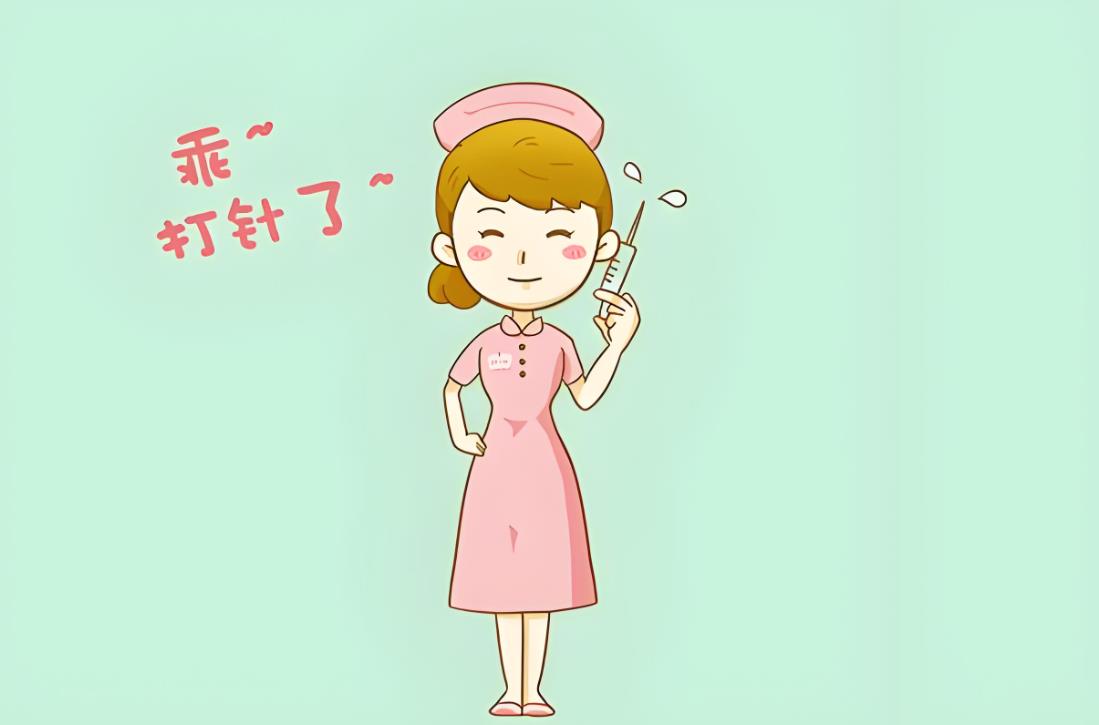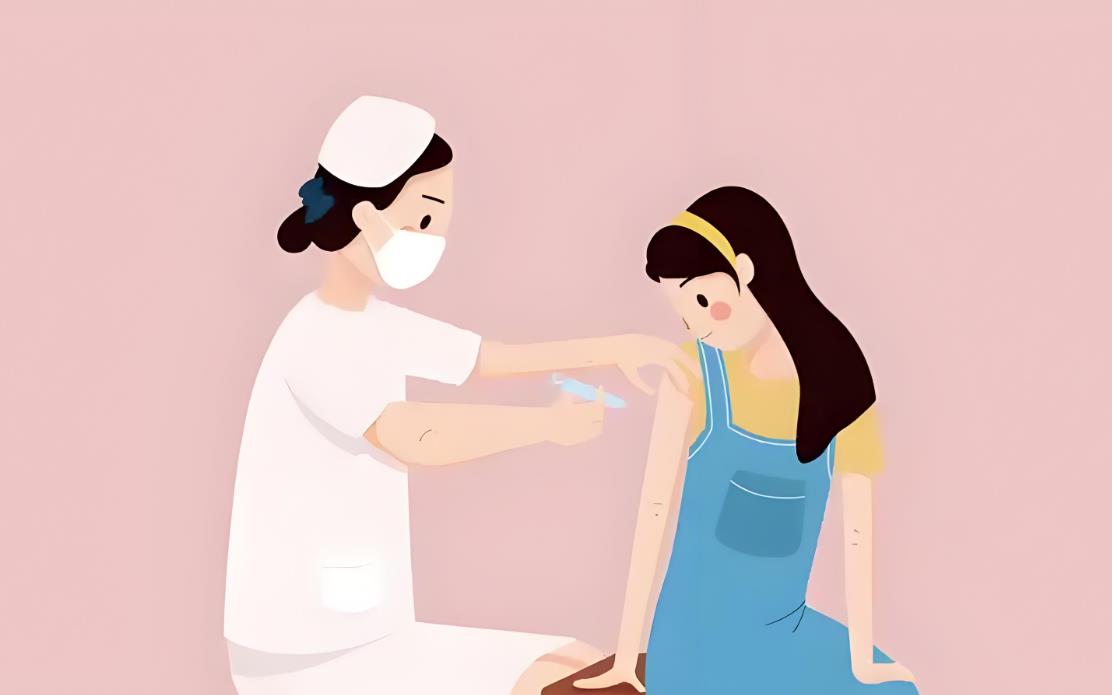Which has a higher success rate, artificial insemination or IVF
Artificial insemination, also known as intrauterine insemination (IUI), involves delivering sperm directly into the woman's reproductive tract. IVF, or in vitro fertilization, is a more advanced reproductive technology where eggs and sperm are fertilized outside the body and then transferred to the woman's uterus. Generally, the success rate of IVF is higher than that of artificial insemination.
Success rate of artificial insemination:
The success rate of artificial insemination varies depending on individual factors, but it typically ranges from 20% to 30%. Factors such as the quality of the woman's eggs, the condition of her fallopian tubes and uterus, and the quality of the sperm can affect the success rate. If a woman has good reproductive health, she may achieve pregnancy after 1 or 2 attempts of artificial insemination. However, if there are issues such as poor egg quality, blocked fallopian tubes, thin uterine lining, or low sperm quality, the success rate may be lower.
Success rate of IVF:
The success rate of IVF is generally higher, ranging from 40% to 60%. However, the success rate decreases with the woman's age. Women in their 20s may have a success rate of over 60%, while women in their 30s may have a success rate of around 50%. For women in their 40s, the success rate may be as low as 20% to 30% or even lower. It is recommended to undergo IVF as early as possible to maximize the chances of success.
本文 亲多多 原创,转载保留链接!网址:https://www.qddbc.com/post/851.html
1.本站遵循行业规范,任何转载的稿件都会明确标注作者和来源;2.本站的原创文章,请转载时务必注明文章作者和来源,不尊重原创的行为我们将追究责任;3.作者投稿可能会经我们编辑修改或补充。


